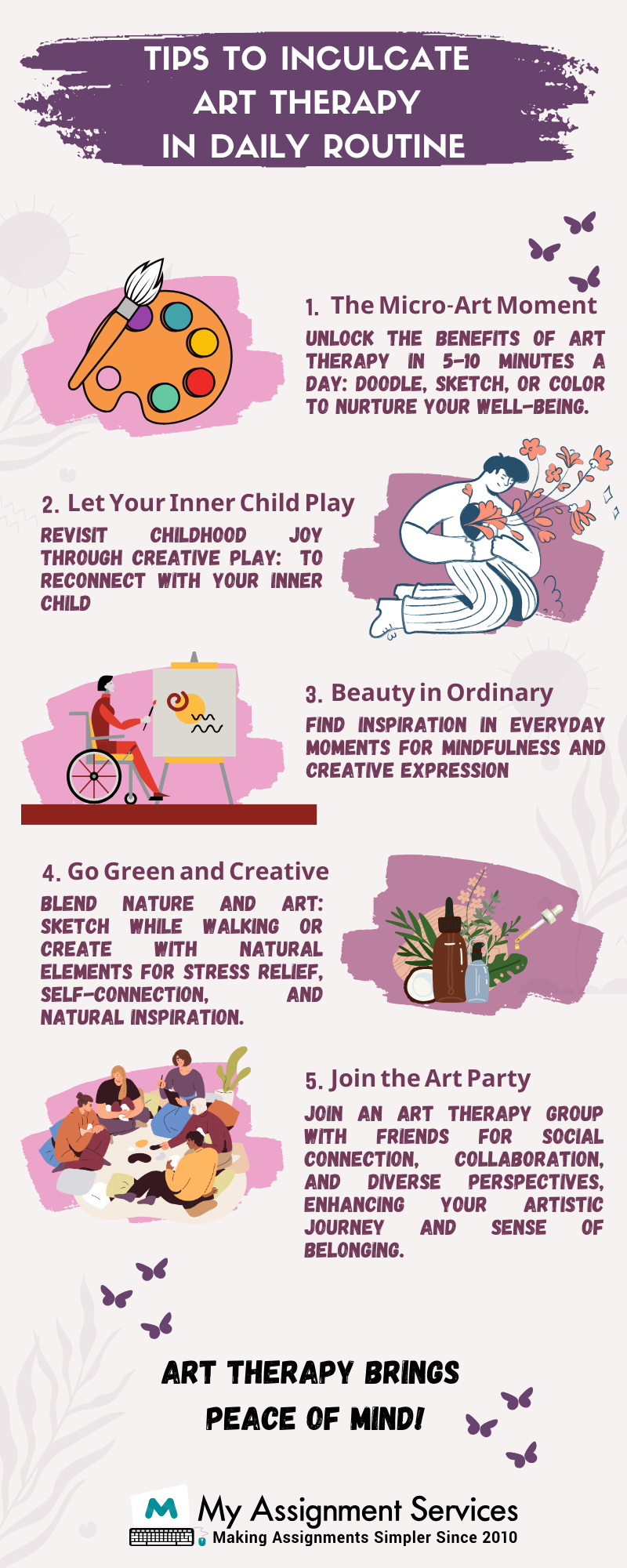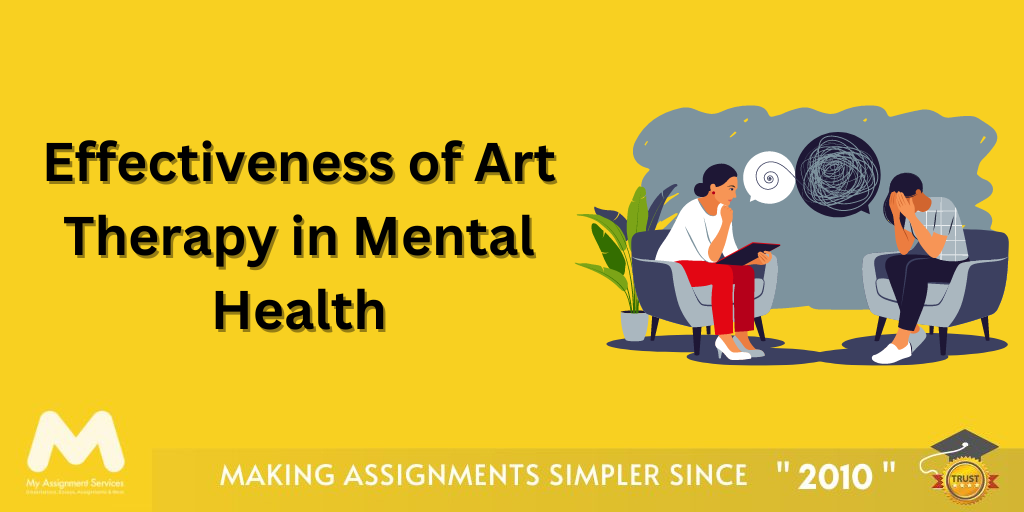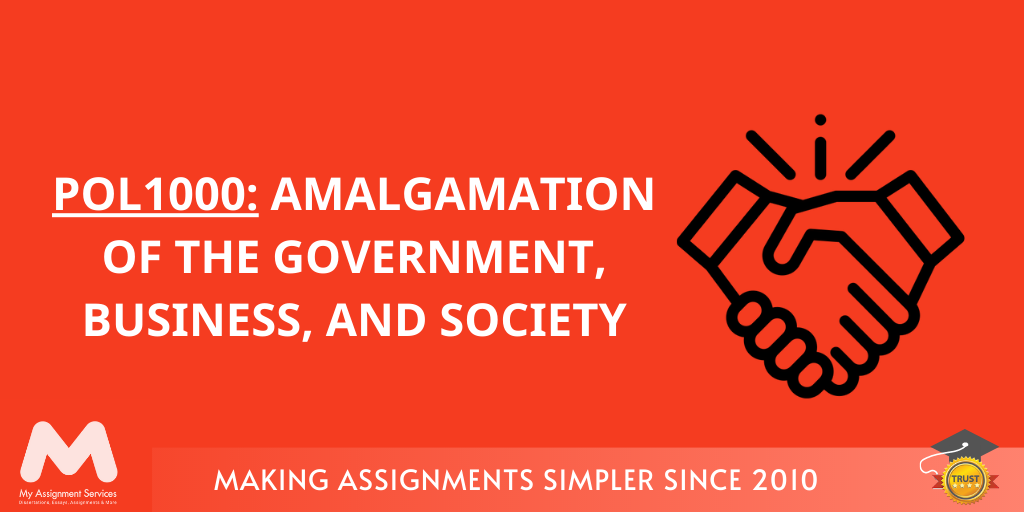"Art is not what you see, but what you make others see."
~ Edgar Degas
Imagine a world where expressing your deepest thoughts and feelings isnβt limited to words, where colours and textures paint a picture of your inner turmoil, and where creativity becomes a bridge to healing. This is the transformative power of art therapy, a field that harnesses the expressive potential of art to promote mental well-being.
In a world where people are trapped in rising mental health concerns, art therapy emerges as a beacon of hope, offering a safe space for self-exploration, emotional regulation, and personal growth. As students begin the journey of self-discovery, dive with us into the world of art therapy and explore the potential to equip your mental health and well-being.
Why Art is treated as a Therapy to Cure Mental Health?
For centuries, art has been recognized for its ability to evoke emotions, inspire creativity, and offer solace. In recent decades, this understanding has evolved, leading to the rise of art therapy as a powerful tool for promoting mental health.
Unlike traditional talk therapy, it provides a non-verbal avenue for expressing emotions and experiences. Through painting, sculpting, drawing, or any other artistic medium, individuals can explore internal platforms, process difficult experiences, and better understand themselves. This creative outlet allows for expression beyond the limitations of words, offering a unique and accessible form of communication.
Here are some specific benefits of art therapy for mental health:
β Reduces Stress and Anxiety
The act of creating art can be incredibly calming and meditative, helping to lower stress levels and alleviate anxiety symptoms.
β Improves Mood and Self-Esteem
Engaging in creative activities can boost mood, enhance self-confidence, and foster a sense of accomplishment.
β Facilitates Communication and Expression
For individuals who struggle to express themselves verbally, art therapy provides a safe and supportive environment to communicate their thoughts and feelings.
β Promotes Self-awareness and Insight
Through the creative process, individuals can gain deeper insight into their emotions, thoughts, and experiences, leading to greater self-awareness.
β Provides Coping Skills and Emotional Regulation
Art therapy can equip individuals with healthy coping mechanisms for managing difficult emotions and promoting emotional regulation.
What are the Different Types of Art Therapies?
As discussed previously, art therapy offers a unique and powerful approach to cure mental health by providing a non-verbal avenue for self-expression and emotional exploration. Now, letβs delve deeper into the diverse world of art therapy and discover the various forms it can take and how students can also write their mental health assignment effectively:
β Gestalt Art Therapy
This approach emphasises the holistic experience of creating art. Itβs about the process rather than the end result. Gestalt art therapy encourages individuals to become aware of their thoughts, feelings, and sensations in the present moment while engaging in artistic activities. Through this, people can explore unresolved issues and gain insight into their emotions.
β Expressive Art Therapy
This type combines different art forms like painting, music, dance, and writing to foster self-expression. It's not about artistic skill but rather using these forms to convey emotions and experiences. Expressive art therapy encourages individuals to tap into their creativity to communicate feelings that might be difficult to express verbally.
β Analytic Art Therapy
This form involves interpreting and analyzing the artwork created. It delves into the individual's symbolism, colours, and imagery. Analytic art therapy aims to uncover unconscious thoughts and feelings, providing a deeper understanding of the person's inner world. Therapists may use the artwork to explore underlying issues and promote self-reflection.
Tips to Inculcate Art Therapy in Daily Routine to Improve Mental Health

Moving onto the last section, art therapy, with its unique blend of expression and exploration, offers a powerful tool to integrate self-care into your daily routine and experience the transformative power of creativity. Here are five practical tips to help you incorporate art therapy into your everyday life and reap its benefits for mental health:
β Accept the Micro-Art Moment
You don't need hours to reap the benefits of art therapy. Even 5-10 minutes a day can make a difference. Try doodling in your journal while you wait for your coffee to brew, sketch on a napkin during your lunch break, or spend a few minutes coloring in an adult coloring book.
β Let Your Inner Child Play
Remember how much fun it was to be creative as a kid? Reconnect with that playful spirit by trying activities like finger painting, building with clay, or drawing with crayons. This playful expression lets you let go of inhibitions, tap into your inner child, and experience the joy of creating something new.
β Find Beauty in the Ordinary
Turn everyday moments into creative inspiration. Capture the vibrant colours of a sunset in a quick sketch, write a poem inspired by the raindrops on your window, or use found objects like leaves and stones to create a unique collage. This art therapy will help you practise mindfulness, cultivate creativity, and find beauty in the simple things.
β Go Green and Get Creative
Combine your love of nature with your artistic side. Take a walk, sketch the sights you encounter, or gather natural materials to create a unique art piece. Immersing yourself in nature while creating art reduces stress it allows you to reconnect with yourself, and find inspiration in the natural world.
β Join the Art Party
Connect with others and share your artistic journey by joining an art therapy group or creating a space for artistic expression with friends and family. Collaborating on projects, sharing your creations, and receiving feedback provide valuable social interaction, a sense of belonging, and new perspectives on your art.
Embrace Art Therapy with My Assignment Services for a Happier and Healthier You!
Art therapy offers a powerful and accessible tool for promoting mental health and well-being, especially for students facing the demands of academic life. Whether you choose to paint, draw, write, dance, or explore any other form of creative expression, remember that the journey itself is just as important as the destination. Embrace the process, experiment with different art forms, and allow yourself to be guided by your unique creativity.
Remember, you are not alone in your journey towards mental well-being. If you are seeking additional support, My Assignment Services offers comprehensive and personalized assistance with your mental health assignments. Our team of experienced and qualified writers can help you research, understand, and analyse topics related to mental health assignment help, allowing you to gain deeper knowledge and develop critical thinking skills.
So, don't hesitate to reach out assignment for help and accept the transformative power of art and knowledge to cultivate a happier, healthier you.





